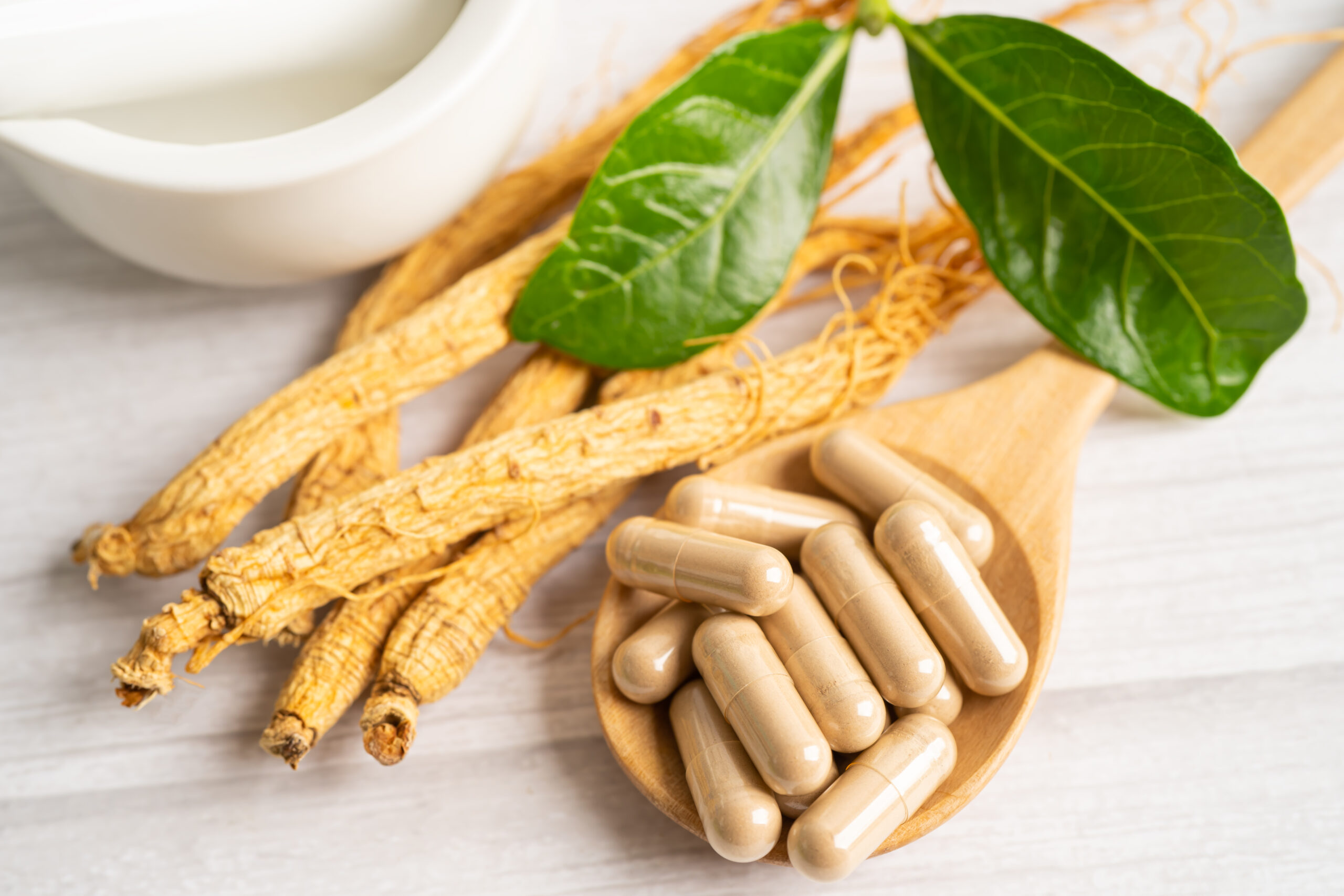The Benefits and Uses of Ginseng: A Natural Powerhouse

Ginseng, a revered herb in traditional medicine, has been used for centuries across Asia and North America. Known for its potent health benefits, ginseng is a popular ingredient in dietary supplements, teas, and skincare products. This blog explores the numerous benefits of ginseng and its diverse uses in promoting overall well-being.
What is Ginseng?
Ginseng refers to a group of plants belonging to the Panax genus. The two most commonly used types are Asian ginseng (Panax ginseng) and American ginseng (Panax quinquefolius). Both types are known for their adaptogenic properties, meaning they help the body resist stress and maintain balance.
Health Benefits of Ginseng
- Boosts Energy Levels: Ginseng is widely recognized for its ability to increase energy and reduce fatigue. It enhances physical performance by improving energy production at the cellular level, making it a favorite among athletes and those with demanding lifestyles.
- Enhances Cognitive Function: Ginseng has been shown to improve cognitive functions such as memory, concentration, and mental clarity. It’s believed that ginseng’s antioxidant properties protect brain cells from oxidative stress, potentially reducing the risk of neurodegenerative diseases like Alzheimer’s.
- Supports Immune System: Ginseng strengthens the immune system by enhancing the function of white blood cells, which are crucial in fighting off infections. Regular consumption of ginseng can help reduce the frequency of colds and flu.
- Reduces Inflammation: The active compounds in ginseng, known as ginsenosides, have powerful anti-inflammatory effects. These compounds inhibit the production of inflammatory cytokines, making ginseng beneficial for conditions like arthritis and other inflammatory diseases.
- Improves Mood and Reduces Stress: Ginseng’s adaptogenic properties help the body cope with stress, anxiety, and depression. It balances stress hormones and promotes a sense of well-being, making it a natural remedy for mood disorders.
- Aids in Weight Management: Ginseng may support weight loss by regulating metabolism and improving insulin sensitivity. It can also suppress appetite and reduce fat accumulation, making it a useful supplement for those looking to manage their weight.
- Promotes Skin Health: Ginseng is a popular ingredient in skincare due to its ability to rejuvenate the skin. It boosts collagen production, reduces wrinkles, and improves skin elasticity. Additionally, its antioxidant properties protect the skin from environmental damage.

Common Uses of Ginseng
- Dietary Supplements: Ginseng is commonly consumed in capsule or powder form, often combined with other herbs or vitamins to enhance its effects.
- Teas and Tonics: Ginseng tea is a popular way to enjoy its benefits. The herb is often steeped in hot water and consumed as a refreshing and energizing beverage.
- Skincare Products: Ginseng extract is used in creams, serums, and masks to promote youthful and radiant skin.
- Traditional Medicine: In traditional Chinese and Korean medicine, ginseng is used to treat a variety of ailments, from fatigue and impotence to digestive issues and respiratory problems.
Ginseng is a versatile herb with a rich history of use in promoting health and wellness. Whether you’re looking to boost your energy, improve cognitive function, or enhance your skin’s appearance, ginseng offers a natural solution. Incorporating ginseng into your daily routine can help you achieve a healthier, more balanced life.
Ang-Lee, M. K., Moss, J., & Yuan, C. S. (2001). “Herbal medicines and perioperative care.” JAMA, 286(2), 208-216.
Reay, J. L., Kennedy, D. O., & Scholey, A. B. (2005). “Single doses of Panax ginseng (G115) reduce blood glucose levels and improve cognitive performance during sustained mental activity.” Journal of Psychopharmacology, 19(4), 357-365.
Kim, J. H., Yi, Y. S., Kim, M. Y., & Cho, J. Y. (2017). “Role of ginsenosides, the main active components of ginseng, in inflammatory responses and diseases.” Journal of Ginseng Research, 41(4), 435-443.
Ruiz, G. M., Cabrera, C., & Artacho, R. (2011). “Beneficial effects of ginseng on health: A systematic review of the literature.” Nutrición Hospitalaria, 26(1), 18-24.
Attele, A. S., Wu, J. A., & Yuan, C. S. (1999). “Ginseng pharmacology: Multiple constituents and multiple actions.” Biochemical Pharmacology, 58(11), 1685-1693.









